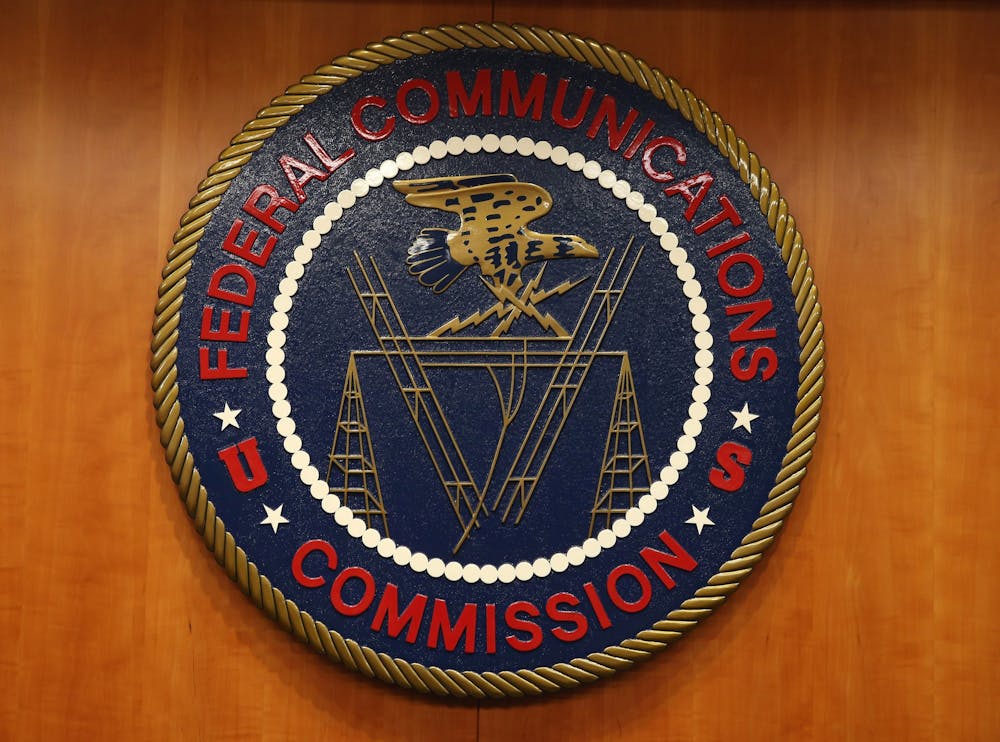Local representatives from Carrboro, Durham and Boone have joined over 90 other local elected officials from across the country in calling for the Federal Communications Commission to assist vulnerable communities in expanding affordable and accessible internet through an open letter.
The focus of this letter calls for an investigation into “digital redlining,” a practice that perpetuates socioeconomic inequality through lack of access to digital resources such as the internet. Internet Service Providers (ISPs) are more likely to provide wealthy, high-density cities with affordable internet access, while low-density towns are left with overly expensive, worse coverage or none at all.
The term redlining refers to the discriminatory practice of government and financial institutions refusing to provide services and loans to people in certain neighborhoods, most often majority-minority neighborhoods. The practice was eliminated by the Fair Housing Act in 1968, but the effect of redlining is still evident through policy decisions that allow the private market to exclude areas that aren't deemed profitable.
“ISPs have seen poor communities, rural communities and communities of color as not desirable for investment because they’re not likely to be as profitable for those companies,” Damon Seils, a Carrboro Town Council member who signed the letter, said.
Although some still consider high-speed internet to be a luxury, the COVID-19 pandemic has highlighted its importance as a necessity for today’s day-to-day life. Orange County commissioner Earl McKee said with people’s work and education shifting online to meeting platforms like Zoom, affordable and accessible broadband is crucial.
“Anybody who considers broadband a luxury item, regardless of whether they live in an urban or rural area, obviously don’t have children that need to be educated virtually," McKee said. "When their service is so slow, it makes it practically impossible.”
Sally Greene, another county commissioner, said in some of the county's sparsely populated areas — which are also often low-income — there's a significant lack of affordable broadband access. In more dense urban or suburban areas, access to broadband is widespread. Chapel Hill, for example, has 100 percent broadband coverage within the town limits.
Seils said one possible solution could be to treat broadband as a utility, which would place internet access into the same grouping as publicly-provided services, like electricity, gas, water, heat and television cable systems.
Although this letter proves lack of broadband access is a nationwide issue, it is increasingly difficult to address in North Carolina due to state legislation that passed in 2011 preventing municipal governments from setting up their own high-speed internet service. This law allows cable companies to work without competing against local governments providing the same high-speed internet access at lower prices.



